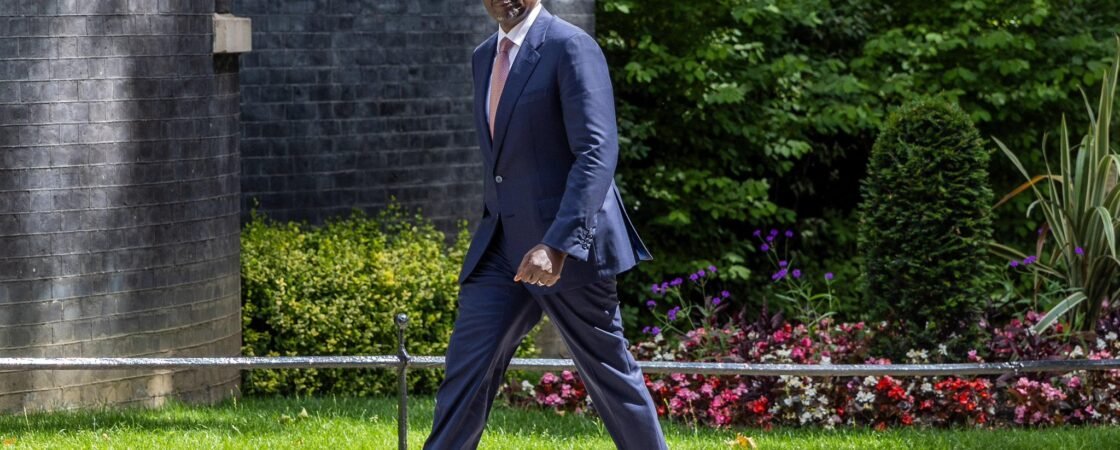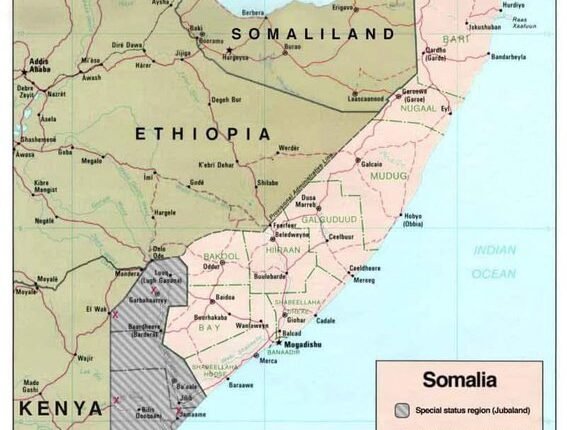Kenya’s President William Ruto has drawn nation-wide and international spotlight with his controversial suggestion to build a $9 million church at State House, which he maintains will be undertaken using private funds. While the President portrays the initiative as being religious in nature, critics believe it is symptomatic of underlying constitutional, economic, and political currents churning in the country.
Two central issues are at the center of the backlash: constitutional secularism and increasing economic inequality.
Kenya’s Constitution of 2010, hailed as one of the most progressive ones ever, categorically states the country to be a secular one. According to Article 8, it categorically declares:
“There shall be no state religion.”
This provision provides for equal treatment of all religious groups Christian, Muslim, Hindu, traditional African religions, and others before the law. This decision to construct a Christian church in the State House compound, the seat of the executive authority, has questioned whether the President is confusing private religion and public office.
While President Ruto has never been reluctant about his fervent Pentecostal Christian beliefs and often speaks of prayer and belief in his speeches critics have contended that enshrining religion as part of a state emblem sends a dangerous message, especially in a religiously diverse nation that already struggles with political divisions.
The church’s condemnation is also economic. Using June 2025 figures from Numbeo, the monthly cost of living for a Kenyan four-member family (excluding rent) is approximately $1,859.80. No matter how much that is 56.7% lower than it would be in the United States, it remains a suffocating cost to the majority of Kenyan households, especially those in cities hardest hit by inflation.
While Ruto is queueing to invest millions in a symbolic church, millions of Kenyans are battling to stay afloat under high prices of food, high fuel prices, and unemployment. The revelation of the church comes in the aftermath of countrywide protests against:
Police brutality, particularly regarding the handling of youth led protests.
New taxation policies that have hit the lower and middle-class toughest.
Subsidy cuts and skyrocketing costs of utilities, raising new questions about the government’s economic priority.
To many Kenyans, a $9 million chapel in the Presidential compound appears an excess unconnected with adversity on the ground.
Public perception, especially on social media, has been fierce. Hashtags like #FeedKenyansFirst, #RutoThePastor, and #ChurchNotNow have trended on Twitter/X and TikTok, where citizens especially youths have aired their outrage and disappointment at the government.
“$9 million could build hundreds of classrooms, hospitals, or computer labs. Why a church? Why now?”
This mentality is an articulation of a widening generational rift between young, often jobless Kenyans demanding jobs and internet infrastructure, and a political elite who remain obsessed with religious symbolism over substance.
Ruto’s defenders argue that his own religious faith is real, and that he should be allowed to practice it, even in his official residence especially if he’s footing the bill himself. They point to his long history of religious activity, his strong identification with evangelical churches, and his consistent refrain that “Kenya is a God-fearing nation.”
But even if it is privately funded, people question the optics. In a country where public servants have been accused more than once of squandering public money, people are skeptical about guarantees that no taxpayer dime will be used. And even if it’s a religious endeavor that is privately funded but located within a public complex, it is legally and morally questionable when it comes to the disposition of public space and religious neutrality.
This is not a dispute about a building it’s about leadership values in a country where youth unemployment is over 35%, and where millions of people live in slums with no clean water or proper healthcare.
President Ruto has framed his presidency as a summons to empower the “hustler nation” those ordinary Kenyans who hustle daily in order to make ends meet. To many of these very hustlers, though, this church is not being seen as a spiritual refuge but as a symbol of detachment and indulgence.
As Kenya stumbles from economic misfortune and rising social tensions, the controversy over the State House church demands an accounting broader:
What does it mean to lead a secular, democratic, and economically strained country? Need expressions of individual faith find concrete expression within state institutions?
And can politicians accept private funds while in public office?
Until now, the church is still an abstraction. But the uproar it has created is already a reality and growing by the minute.
Sanctuary or Symbol of Excess? Ruto’s $9 Million State House Church Sparks Outrage




Хотите собрать данные о пользователе? Наш сервис предоставит полный профиль в режиме реального времени .
Воспользуйтесь уникальные алгоритмы для поиска публичных записей в соцсетях .
Узнайте место работы или интересы через автоматизированный скан с гарантией точности .
программа глаз бога для поиска людей
Бот работает в рамках закона , используя только открытые данные .
Получите расширенный отчет с геолокационными метками и списком связей.
Попробуйте надежному помощнику для digital-расследований — результаты вас удивят !